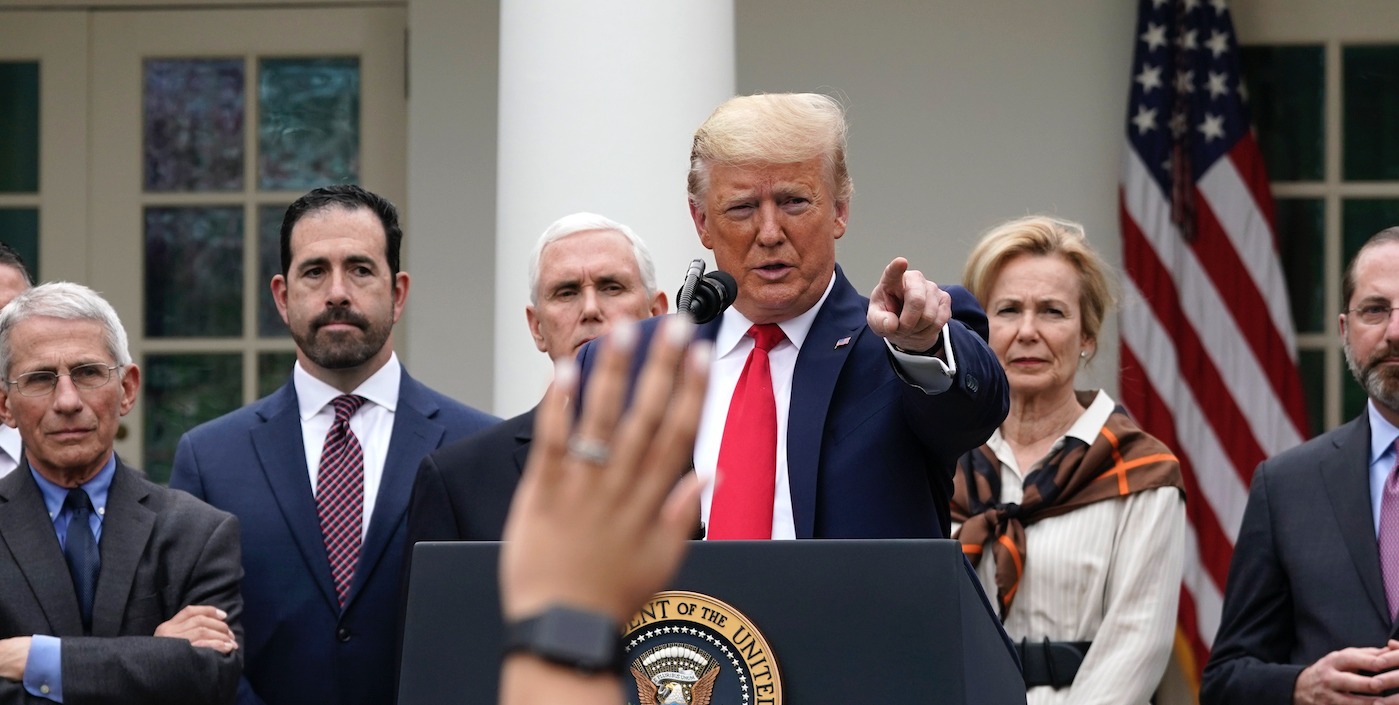In a recent interview with TIME magazine, Donald Trump made a startling announcement: if reelected, he would disband the Office of Pandemic Preparedness and Response Policy (OPPR), a critical executive branch entity established by Congress in 2022. The Biden campaign swiftly responded, citing Trump’s failed pandemic response as the very reason OPPR was instituted.
Trump dismissed OPPR as “just a way of giving out pork,” indicating his intention to dismantle it. He argued that lessons learned from past experiences could facilitate a more agile response to future emergencies, rendering such specialized offices unnecessary. However, this assertion sharply contrasts with Trump’s handling of the COVID-19 crisis during his presidency.

Before officially recognizing the pandemic in March 2020, Trump downplayed its severity, repeatedly minimizing its impact and offering false assurances.
His administration’s disjointed response, compounded by the disbandment of the previous pandemic response unit within the National Security Council in 2018, hindered the US’s ability to effectively combat the virus.
The need for a coordinated approach to health emergencies prompted the establishment of OPPR, aiming to facilitate a comprehensive response across government agencies. While the office’s efficacy remains untested, its importance in future pandemics cannot be overstated.

The Obama administration’s response to the Ebola epidemic underscored the necessity of a centralized authority to coordinate multi-agency efforts. The creation of the Directorate for Global Health Security and Biodefense within the NSC reflected this need, recognizing pandemics as transnational threats requiring proactive, coordinated responses.
Trump’s decision to eliminate OPPR in the name of streamlining the NSC overlooks the critical role of centralized coordination in pandemic preparedness.
The economic and human costs of the COVID-19 pandemic underscore the imperative of robust preparedness measures, making the Biden administration’s request for OPPR funding essential for future readiness.


